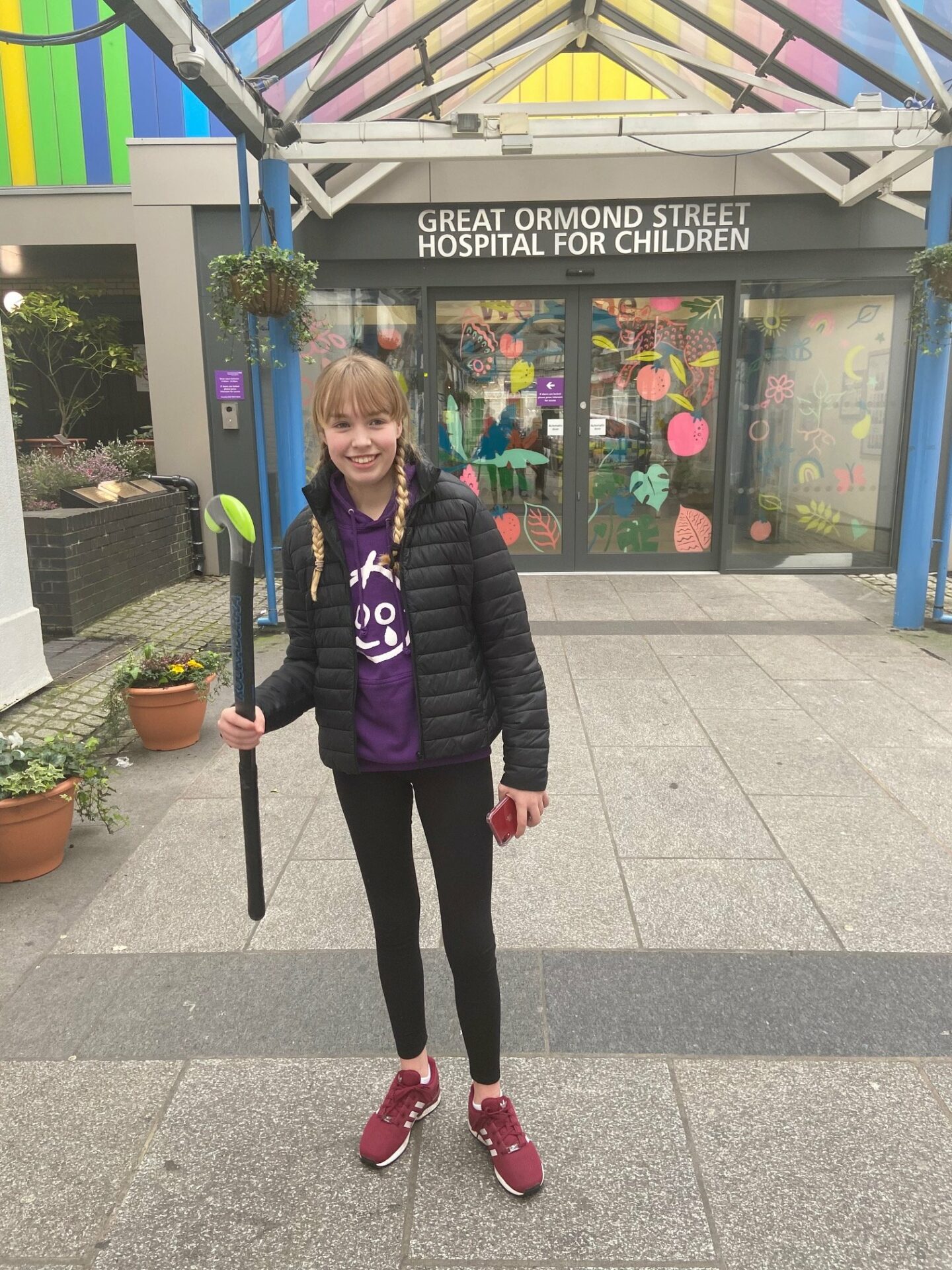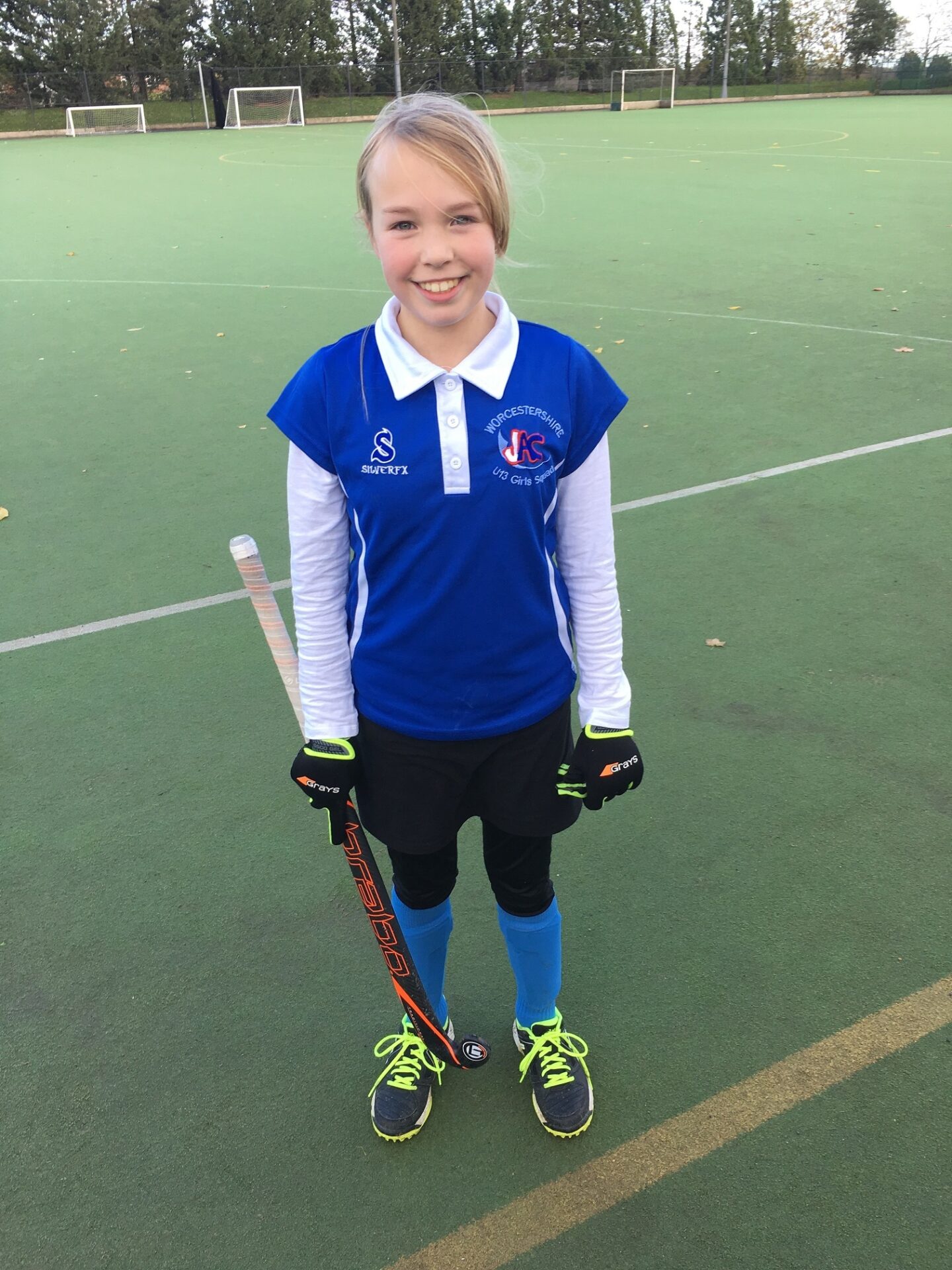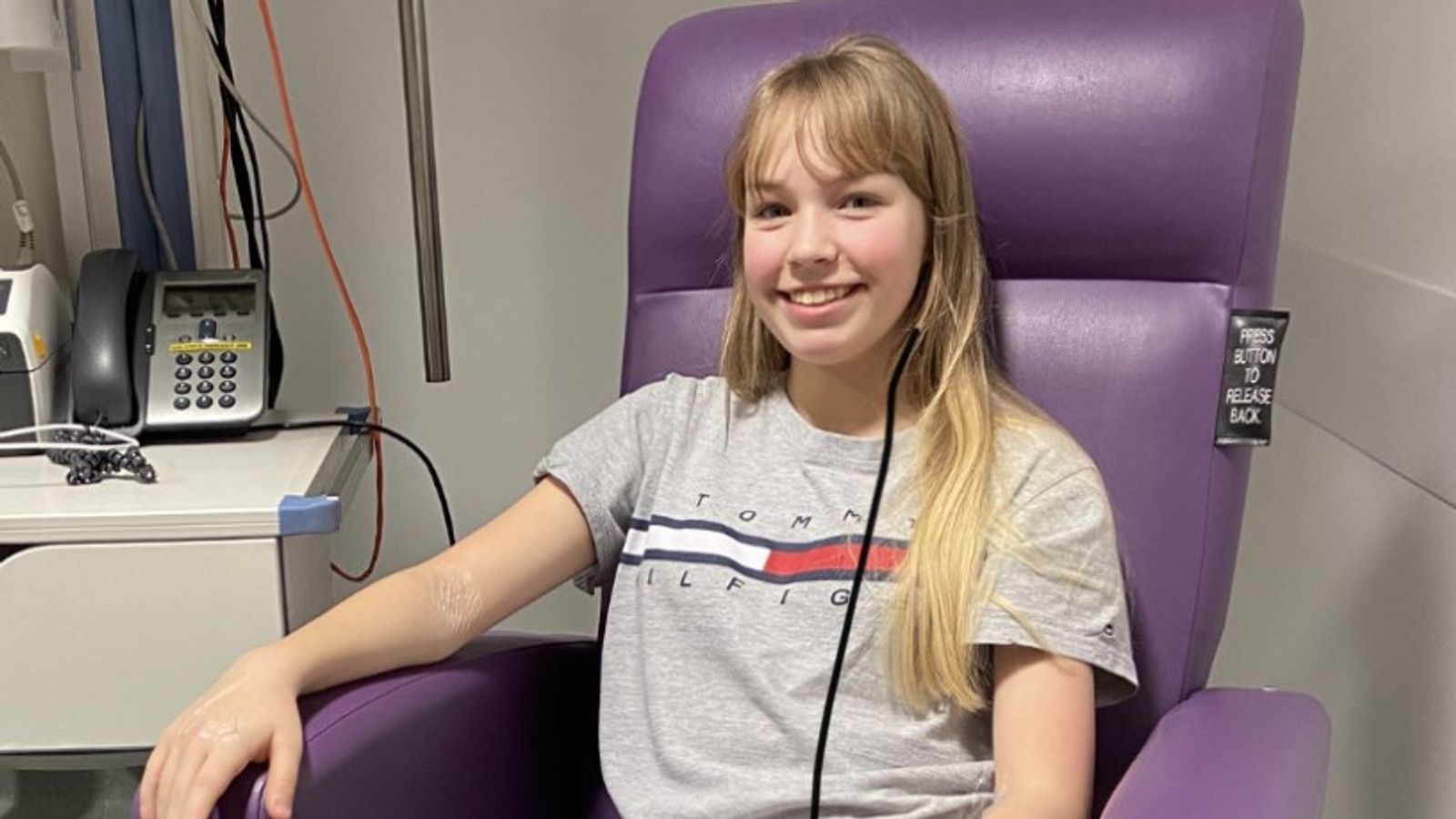Hockey player Anna Hadley has been revealed as the world’s first child to benefit from a new form of paediatric heart transplant.
Anna, 15, was the first child to receive the technique known as donation after circulatory death (DCD) transplant following a collaboration between Royal Papworth Hospital and Great Ormond Street Hospital (GOSH) last February.
Anna, who plays at Worcester HC, was diagnosed with restrictive cardiomyopathy in January 2018 after collapsing during a PE class two months beforehand. She had just been selected for Worcestershire under-13s at the time.
The rare condition, a disorder of the heart’s electrical activity, meant that she couldn’t play competitive sports.

Such was her love of hockey and playing the sport, an initial switch to goalkeeping proved short-lived after stress tests revealed that her heart disorder was potentially the cause of previous collapses.
After waiting months to find out her plight, she was officially placed on the heart transplant waiting list.
It was life-changing news for Anna: she could no longer run nor take part in the sports she loved. Walking up a flight of stairs to go to bed sometimes even left her feeling tired and out of breath.
During her wait, her family raised money for the British Heart Foundation and she took part in the Worcester Hearty Walk where £3,000 was raised. She was joined on the walk by nearly 40 friends and family.
Anna’s lung pressures were also increasing as time went on. Doctors at GOSH fitted her with a device to help ease some of the lung pressure.

“It was as if someone had lifted a heavy weight from my chest”, said Anna. Although this helped, it wasn’t a cure, and if Anna didn’t receive a heart in time, she would need a heart-lung transplant which is incredibly rare.
After a 20-month wait and being told about the new transplant programme, the Hadleys finally received the call they had been waiting for.
A suitable donor had been found and a Royal Papworth team raced to the hospital where the dying patient was situated. After the heart was removed, it was given a defibrillating pulse to keep the heart beating and the team flew by helicopter to GOSH where Anna was awaiting the procedure.
Anna’s father, Andrew, said: “We always tried to stay positive, but we understood the facts; there was a lack of suitable donors and around 40 per cent of children waiting for heart transplant never receive one. It made the more than 20 months spent on the transplant waiting list incredibly difficult.
“After weighing-up the potential risks and benefits of the DCD heart transplant with a more conventional one, we realised that there was only one choice, and we’re so glad we made it. Five days after the transplant, Anna was walking up and down the corridors chatting away and high-fiving staff. It was incredible.”
Weeks later she was back playing hockey.




